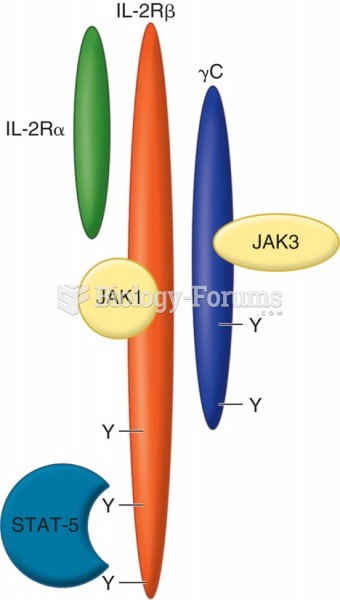|
|
|
Did you know?
The U.S. Preventive Services Task Force recommends that all women age 65 years of age or older should be screened with bone densitometry.
Did you know?
Asthma cases in Americans are about 75% higher today than they were in 1980.
Did you know?
Vaccines prevent between 2.5 and 4 million deaths every year.
Did you know?
In 1885, the Lloyd Manufacturing Company of Albany, New York, promoted and sold "Cocaine Toothache Drops" at 15 cents per bottle! In 1914, the Harrison Narcotic Act brought the sale and distribution of this drug under federal control.
Did you know?
Thyroid conditions may make getting pregnant impossible.







